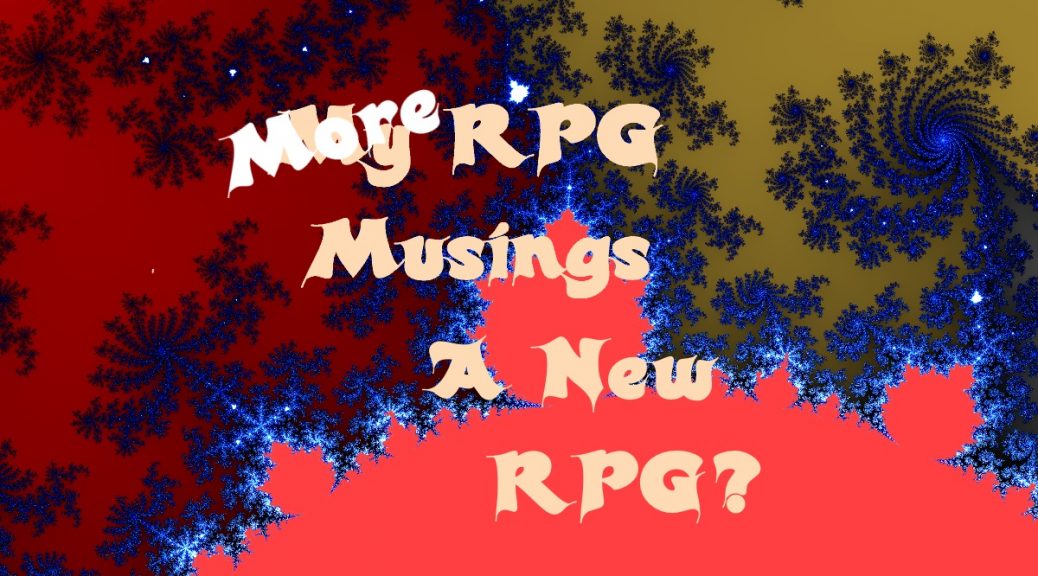About a week ago, I posted an article about some mechanics for an RPG that I’ve had in mind for a year or two. Yesterday, I had some ideas that I quickly put in Evernote while I was out running errands. I was copying them from Evernote and next thing I knew, I had something a bit more fleshed out.
Of course, the main mechanic always centers around combat. My idea is for combat to be lethal and the damage to be on a sliding scale from ’tis but a scratch to a mortal wound. This serves both to limit the appeal of getting in a fight and the realistic nature of killing blows.
My new idea is Types of Mortal Wounds.
Mortal Wounds
If a hit is made and a mortal wound is indicated, roll to see what kind of mortal wound, and how soon the target is taken out of the fight.
This definitely allows for both realism and cinematic death scenes, as people can take an unusual amount of damage, and keep fighting.
Imagine wounded animals like bears or boar who history tells us have the ability to fight long past when they should. Their adrenaline and fight instinct has focused their all on fight, and they don’t drop until their body’s ability to do so has exceeded all remaining capacity for it.
Similarly, people have fought on past a mortal wound as they can fight until the threat passes and they relax, or their adrenaline and other fight response is exhausted.
How many movies has the hero, or one of the heroes, been victorious only to fall dead at the conclusion of the danger?
Table for Type of Mortal Wound d8
- Slow x weeks
- Slow x days
- Slow x hours
- Slow x turns
- Quick x rounds
- Quick 1 round
- Quick counter attack
- Instantaneous
Where x can be any die type desired by the GM. I’m thinking d6 is good, or go with d8 since d8 is rolled to determine damage and wounds. Hmmm, maybe I can call it the d8 system.
Of course a doctor on hand or magical healing has a chance if within so many rounds of death or before death.
- Weeks (A bruise, blood clot, or embolism causes a fatal stroke or heart attack. They might even be able to return to action, seeming to be OK.)
- Days (A major organ, like the liver has been pierced and a painful, lingering death occurs.)
- Hours (Might be able to travel a short distance with help, but lose all energy as their life force slips aways as they drift into unconsciousness.)
- Turns (By the end of the fight, victors have picked over the bodies and the dying are either allies to be comforted, or foes to be dispatched. No energy remains for fight or flight.)
- Rounds (Perhaps a quick flurry of blows can be made in the next few rounds and they fall over dead at the conclusion of the combat. Their only consolation is their foe fell first.)
- 1 Round (After their action on the next round, they fall.)
- Counter Attack (One last attack before they fall, either in this round or the next.)
- Instantaneous mortal wounds take the target out of combat immediately, if their turn to strike remains, they do not get that attack. Examples of instantaneous mortal wounds include: beheading, brain shots/head shots, through the heart, strike to major veins/arteries in the trunk (chest, stomach, back, or side), fall from a great height causing massive trauma.
NOTE: An additional wound will finish a target with a prior mortal wound, if they have not received emergency treatment by a doctor or magical healing.



2 thoughts on “More RPG Musings”